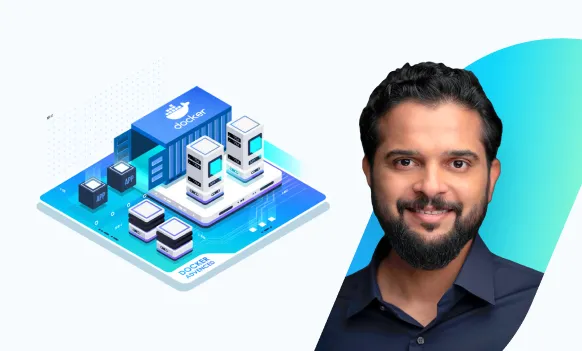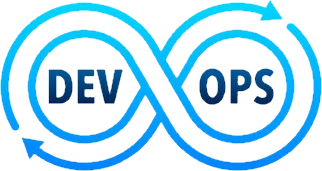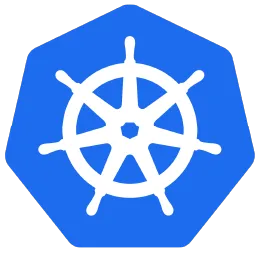Docker Learning Path
The Docker Learning Path is tailored to individuals aiming to gain expertise in Docker containerization technology, from foundational concepts to advanced certification preparation.
I Know
Thank you! Your submission has been received!
Oops! Something went wrong while submitting the form.
Understand DevOps Fundamentals


Learn Containers


Get into Advanced Learning


Get Certified


How long will it take for me to complete?
I can spend
hours / day
≈ 4 Months
≈ 3-4 Months
≈ 4 Months
≈ 2-3 Months
≈ 3 Months
≈ 2-3 Months
≈ 2-3 Months
≈ 2 Months
≈ 3 Months
≈ 2 Months
≈ 2 Months
≈ 1-2 Months
* This is based on averages from our students. This may change depending on your experience and level of expertise.
Start the Test
Test your Readiness for Free!
The skills test is a hands-on exam that helps you identify where you stand today in your preparation for your Docker exam. Do you know about Docker enough to attempt the exam? Find out now!




.svg)

.svg)







